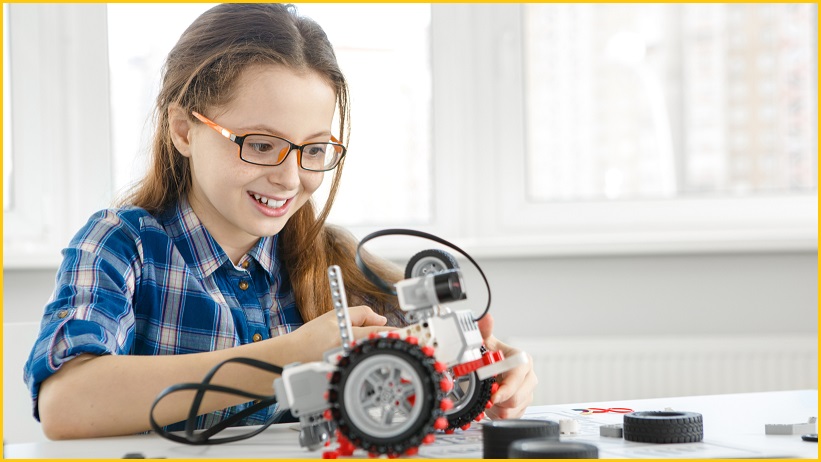The annual celebration of science and technology is this year being described as a “call to action”, as Australia looks to the STEM community for solutions amid COVID-19.
National Science Week will this year see 1,100 events delivered – many online – in a bid to inspire the next generation of STEM workers.
Speaking ahead of the festivities, CSIRO Chief Executive Dr Larry Marshall said the events of 2020 have reinforced the importance of science and technology for the Australian community.
“As we head into National Science Week, there has never been a more important time for science, and its power to unite us around big, visionary programs that make the impossible, possible,” he said during a National Press Club address last week.
“We have an opportunity to treat 2020 like a call to action – albeit a dreadful one – to come together as we did 100 years ago, and focus our collective efforts and resources on solving our future challenges to secure our jobs, wealth and way of life.”
Minister for Industry, Science and Technology Karen Andrews echoed the sentiments of Marshall on Monday.
“As they say, necessity is the mother of invention and this year we’ve seen incredible inventiveness and a can-do attitude to ensure National Science Week can go ahead,” Andrews said.
“It’s also a great way to say thank you to our scientists and researchers for all the hard work they’ve done and will continue to do to help us navigate the coronavirus pandemic.”
Pivoting online
Like many other events in 2020, National Science Week has been forced to hold many of its events virtually to ensure COVID-19 requirements are met.
These events will be delivered through schools, universities, research institutions, libraries, museums and science centres.
Headline events this year include Australia’s biggest satellite selfie, virtual tours of Great Southern Reef marine life and exploring wildlife in your own backyard for the Great Aussie BioQuest.
It’s National Science Week and the Memorial is participating in the #SatelliteSelfie project for @Aus_ScienceWeek
— Aust War Memorial (@AWMemorial) August 16, 2020
We have chosen to participate in the project by painting a large red poppy alongside the words ‘Lest We Forget’ on the grass in the Sculpture Garden. #scienceweek pic.twitter.com/umW9hP0qRb
Andrews added that the increase in online events will make National Science Week more accessible than ever before.
“The solution of holding virtual events has opened up new opportunities to get science into the households of more Australians,” she said.
“This year Australians will be able to participate in events held right across the country, not just in their own state or territory.
Space agency is open for business
To coincide with the National Science Week, the Australian Space Agency is asking the local industry for information on intended or desired near-term space missions.
The agency has launched a consultation hub to create a database of Australian payloads, which it can draw on when designing existing and future opportunities for the local space industry.
Having only officially opened in 2018, the Adelaide-based space agency has set the ambitious goal of creating 20,000 extra jobs by 2030 and growing the local space sector to $12 million.
In particular, the Australian Space Agency is on the lookout for opportunities to leverage international space missions and launch activities from Australia.
Existing programs include a $150 million Moon to Mars initiative, a $19.5 million Space Infrastructure Fund and a $15 million International Space investment initiative.










